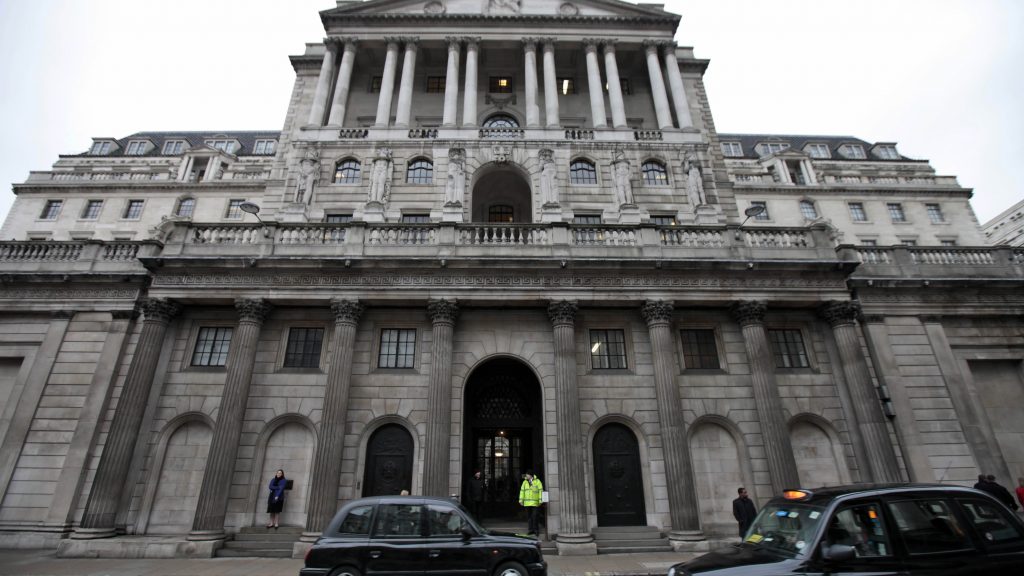Bank of England governor Andrew Bailey has warned of inflation rising out of control if wages and prices do not increase equally, with his comments coming under fire from union leaders.
There is expected to be a rate of inflation peak of over 7% in April 2022. This will be the highest increase in prices since 1991; well above the 2% target that the Bank of England set for 2022.
Asked if workers should not ask for pay rises the governor said, “broadly, yes”. On average the pay rises given recently have been just under 5%, according to a Bank of England survey. The governor’s own salary since the March 1 last year is £495,000, 18 times the median salary in the United Kingdom.
The news comes after the Bank of England confirmed yesterday that they are raising interest rates from 0.25% to 0.5% in an effort to prevent rising prices becoming the norm, with prices expected to rise faster than wages. This itself was in response to the Chancellor, Rishi Sunak, announcing a support package to offset the 54% jump in energy prices, the main reason for the recent changes in the economy.
Families are set to face significant bill rises from this April, and higher bills for many years to come to pay off the cost of the Chancellor’s efforts to tackle the cost of living crisis.
Gemma Rooney is a full time nurse with three small children. When asked about the recent increase in energy prices, she said: “Minor things like holidays are now probably out of the question as well as taking the kids out for food at the weekend”, adding that she is worried she won’t be able to make her wages “last the full month.
“How is anyone meant to feed their kids in a month with increase in gas and electricity but wages aren’t increasing?”
Leading unions have attacked the Governor’s suggestion that postponing worker’s pay rises is a solution. Unite general secretary Sharon Graham told PA Media: “Why should they be expected to pay for the failures of the energy market and the total shambles of Government policy?”
“Workers don’t need lectures from the Governor of the Bank of England on exercising pay restraint. Why is it that every time there is a crisis, rich men ask ordinary people to pay for it?” She added that “we will be demanding that employers who can pay, do pay. Let’s be clear – pay restraint is nothing more than a call for a national pay cut.”
The increase in interest rates is likely to hit households hard as borrowing will become more difficult. Rising rates in tandem with higher prices will mean that making mortgage repayments will be harder to keep up with.
Christina McAnea, UNISON general secretary, told the Guardian: “Holding wages down won’t stop the cost of living soaring”. She fears for the future of the NHS if wages do not rise: “the consequences will be disastrous for everyone.”
Chief market strategist at international business payments firm Equals Money, Lawrence Kaplin, said: UK households must brace themselves for the biggest annual fall in their standard of living since records began 30 years ago.”
Dartmouth College professor Danny Blanchflower, who served on the Bank’s Monetary Policy Committee from 2006 to 2009, said on Twitter: “A slowing economy is worse than rising inflation. This is about delivering for the City of London at the expense of those on the Mile End Road omnibus”
Just as real wages go strongly negative Clueless Bailey tells workers it is their fault & need to get lower pay even though he won’t – public sector workers have had their pay frozen for a decade of Tory rule what kind of a world is this – time for workers to tell him to get lost
— Professor Danny Blanchflower economist & fisherman (@D_Blanchflower) February 4, 2022
British citizens have expressed their concerns over the issue:
This is a developing story, we will bring you more details as they come. Please refresh the page to receive the latest updates.

